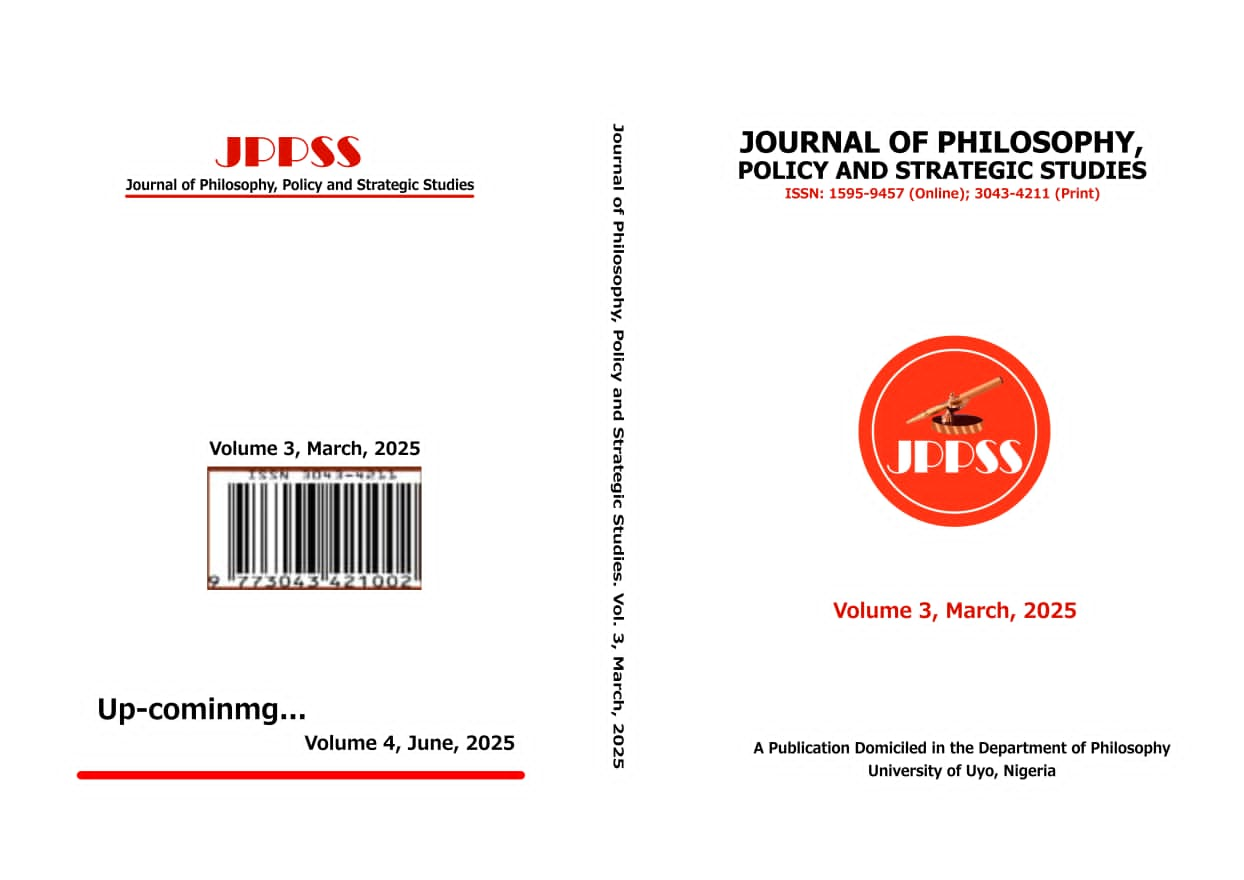A CRITICAL ANALYSIS OF HUME’S NOTION OF POLYGAMY
By
Jeremiah Chukwu Ogugua
Department of Educational Foundations
Federal College of Educatuion Technical, Omoku, Rivers State, Nigeria
Bernard Nnamdi Elechi
Department of Philosophy
University of Port Harcourt, Rivers State, Nigeria
Uche Samuel Anusiem
Department of Educational Foundations
Alvan Ikoku Federal University of Educations, Owerri, Nigeria
Abstract
Polygamy is a form of marriage in which a man marries two or more wives. Polygamous marriage is an acceptable practice in many countries in Africa, including Nigeria, which has the fifth highest prevalent rate in the World. Sometimes, polygamy is used to solidify economic and political relationship, while at other times, it serves to enhance one’s social status. The practice of polygamy has raised ethical questions about whether or not it usurps the sovereignty of man and enslave him to a woman. The main problem that the paper seeks to address is: Can polygamy promote happiness? What is the justification for the practice of polygamy? Employing the method of content analysis and hermeneutics, this study examines a critical analysis of Hume’s notion of polygamy vis-à-vis the call for its rejection as a form of marriage. The paper shows that Hume’s incisive and innovative exposition of polygamy remains highly commendable in that it identifies incessant quarrels, fighting and jealousy as major defects capable of causing bodily/psychological harm and maiming of the spouses. The paper asserts that the premises upon which Hume based his outright rejection of polygamy is logically flawed. The paper concludes that Hume’s explication contains metaphysical elements (love and jealousy), which shows him to accept metaphysics as a meaningful enterprise from the back door after his blanket rejection of it as sophistry and illusion from the front door.


